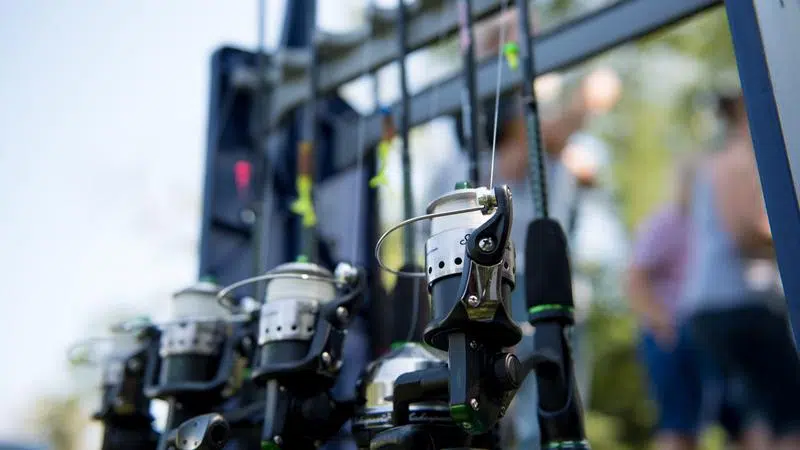
Big fine for second man convicted for illegal Canoe Lake fishing
The Ministry of Environment says the case against two men for taking fish from the protected waters of Canoe Lake in the North and illegally selling it, has now wrapped up.
The ministry said it was important to protect walleye stocks that have taken years to recover, but the case has drawn the ire of the Federation of Sovereign Indigenous Nations (FSIN).
A second man who was investigated received a hefty fine for his crimes, according to a media release from the ministry Friday.


